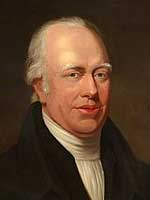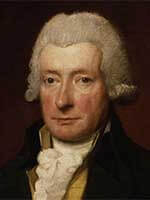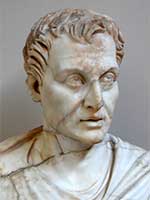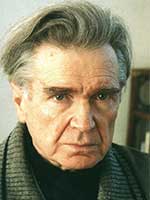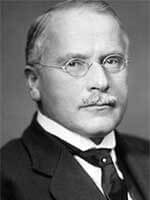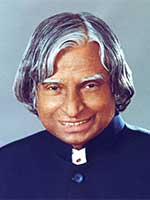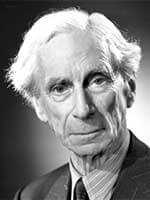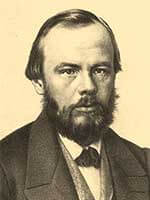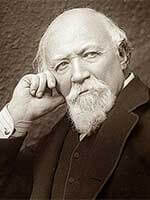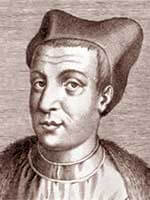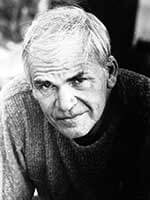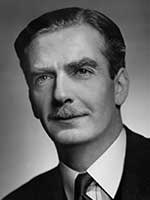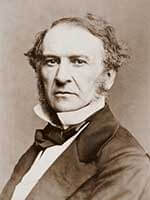Quotes 6961 till 6980 of 13894.
-

Man masters nature not by force but by understanding. This is why science has succeeded where magic failed: because it has looked for no spell to cast over nature.
-

Man may be considered as having a twofold origin - natural, which is common and the same to all - patronymic, which belongs to the various families of which the whole human race is composed.
-

Man may be defined as the animal that can say ''I,'' that can be aware of himself as a separate entity.
-

Man may dismiss compassion from his heart, but God never will.
-

Man must be prepared for every event of life, for there is nothing that is durable.
-

Man must vanquish himself, must do himself violence, in order to perform the slightest action untainted by evil.
-

Man needs difficulties; they are necessary for health.
-

Man needs his difficulties because they are necessary to enjoy success.
-

Man needs, for his happiness, not only the enjoyment of this or that, but hope and enterprise and change.
Philosophy and Politics -

Man never made any material as resilient as the human spirit.
-

Man only likes to count his troubles, but he does not count his joys.
-

Man proposes, but God disposes.
-

Man reckons with immortality, and forgets to reckon with death.
-

Man seeks to escape himself in myth, and does so by any means at his disposal. Drugs, alcohol, or lies. Unable to withdraw into himself, he disguises himself. Lies and inaccuracy give him a few moments of comfort.
-

Man seems to be capable of great virtues but not of small virtues; capable of defying his torturer but not of keeping his temper.
-

Man shapes himself through decision that shape his environment.
-

Man should be master of his environment, not its slave. That is what freedom means.
-

Man should beware of letting his religion spoil his morality.
The Life of William Ewart Gladstone II, 185
All man-not famous quotes and sayings you will always find on greatest-quotations.com (page 349)
